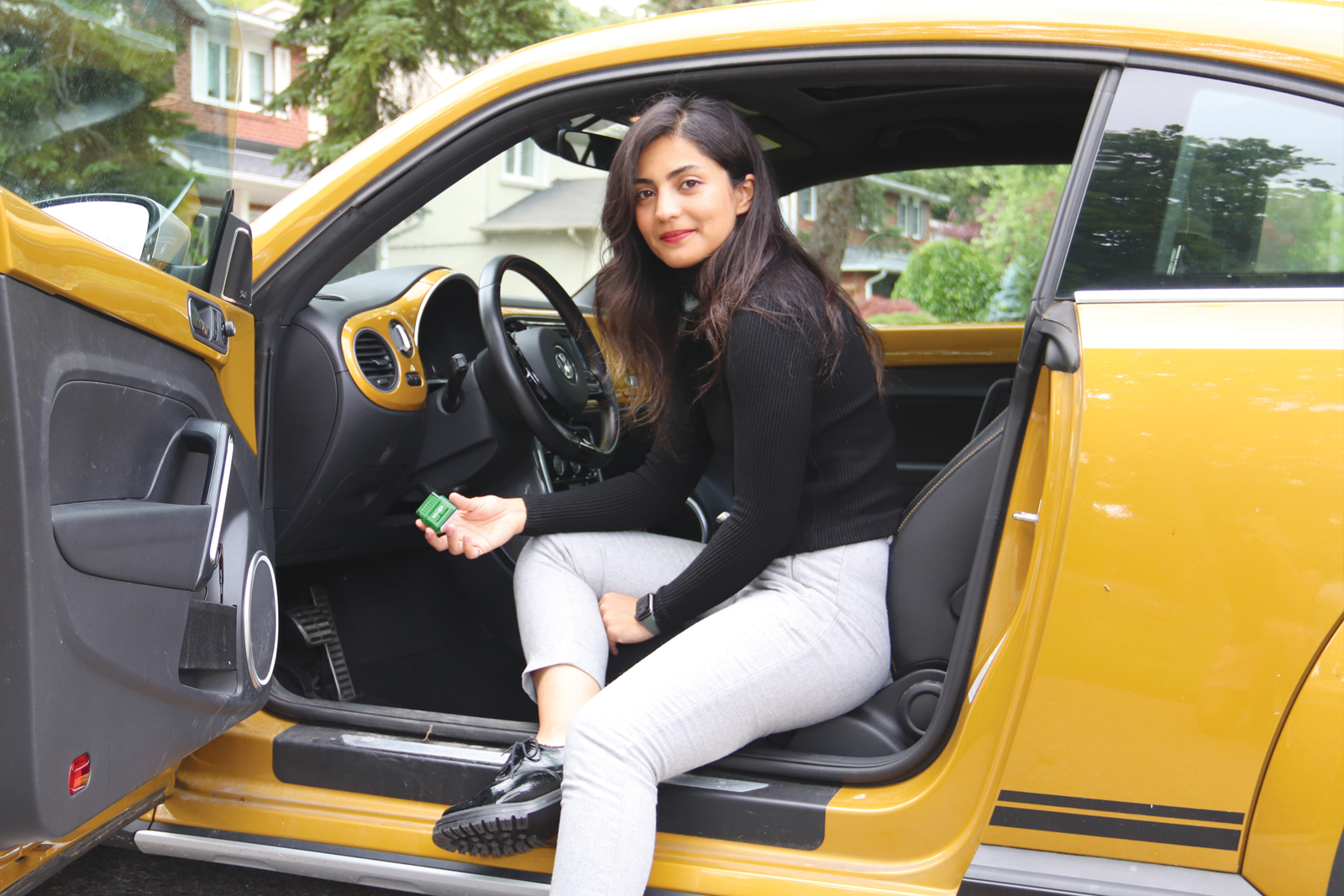During her time as an AGE-WELL trainee, Dr. Sayeh Bayat’s grandmother was diagnosed with Alzheimer’s disease which helped her see first-hand the challenges she was facing. So, for her PhD thesis, Dr. Bayat decided to delve into the question of whether GPS mobility can help explain, influence or even predict dementia. Her study used mobile GPS tracking with older adults—some with dementia (accompanied by family caregivers) and a comparison group of elders with no cognitive issues—as they moved about by car, transit, bicycle or walking.
Findings showed that those with dementia moved about the community less, were less likely to go to new places or participate in sporting events, and more likely to participate in medical activities than the control group. For her second doctoral study Dr. Bayat worked with researchers at Washington University in St. Louis to find out if driving habits alone could identify preclinical Alzheimer’s using age and data gathered by a GPS tracker. “The machine learning algorithms identified subtle patterns such as driving slower, making sudden changes, travelling less at night, and driving shorter distances to fewer destinations using more confined routes.”
Today, as a newly-minted Assistant Professor at the University of Calgary, Dr. Sayeh Bayat believes that the relationship between older adults and their environments “holds significant information about people’s health and well-being.” Currently, she is working on digital biomarkers that would allow for earlier identification of Alzheimer’s disease.
By Annie Atkinson, AGE-WELL













